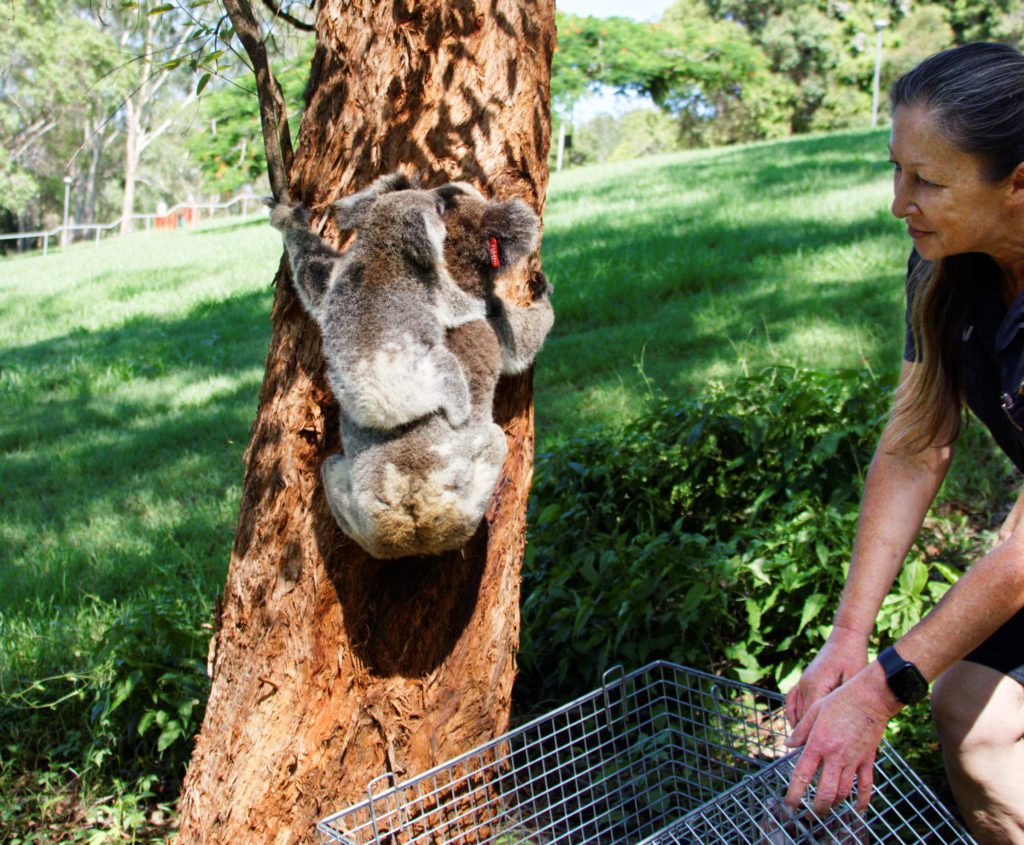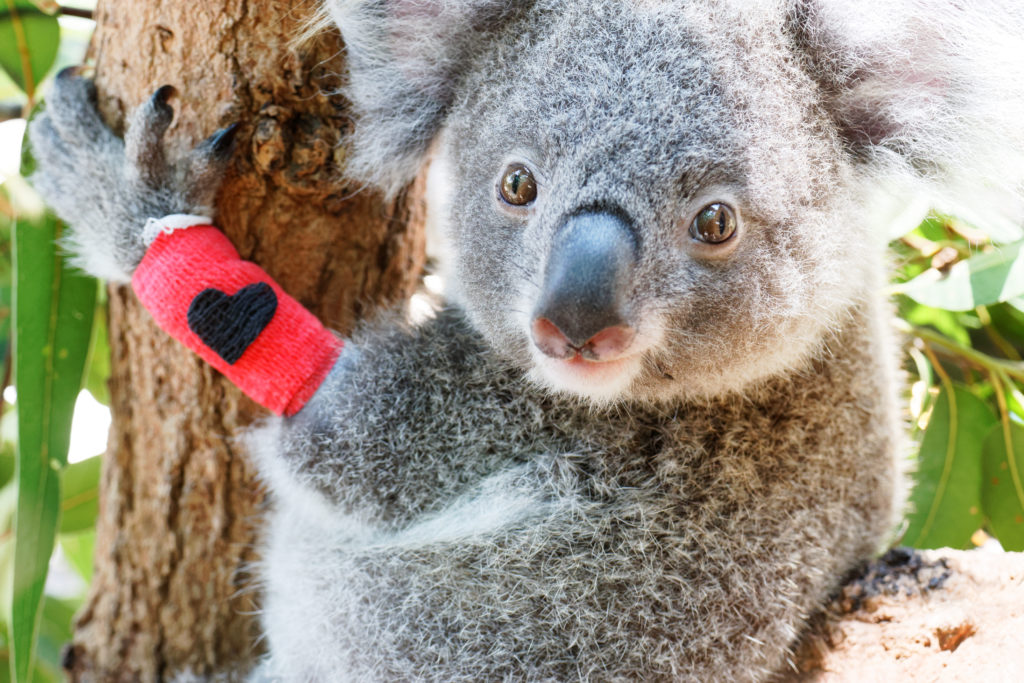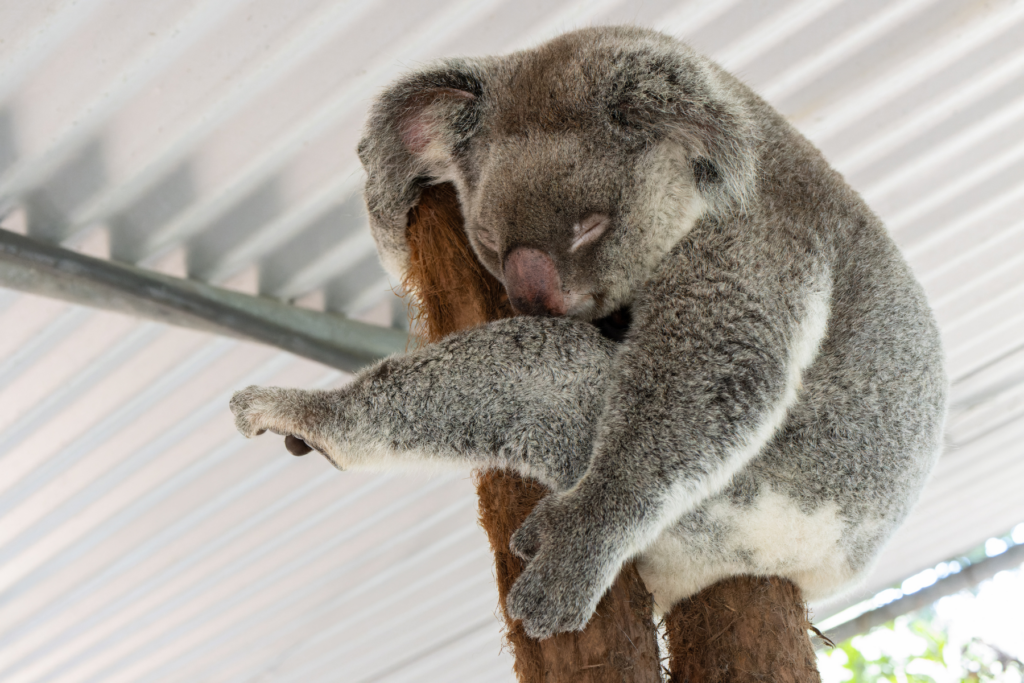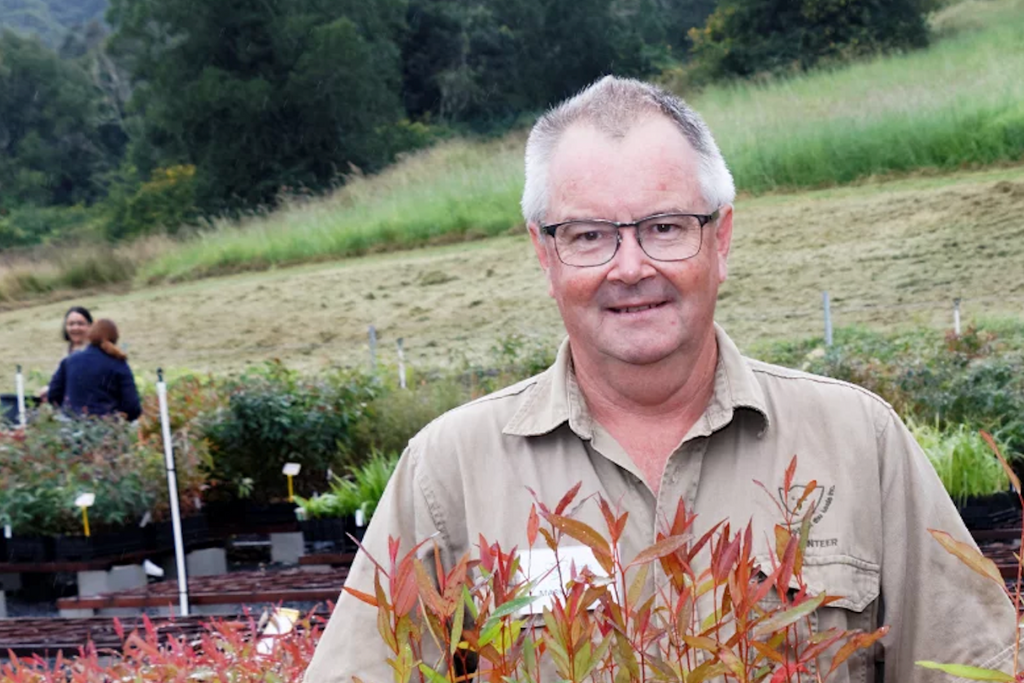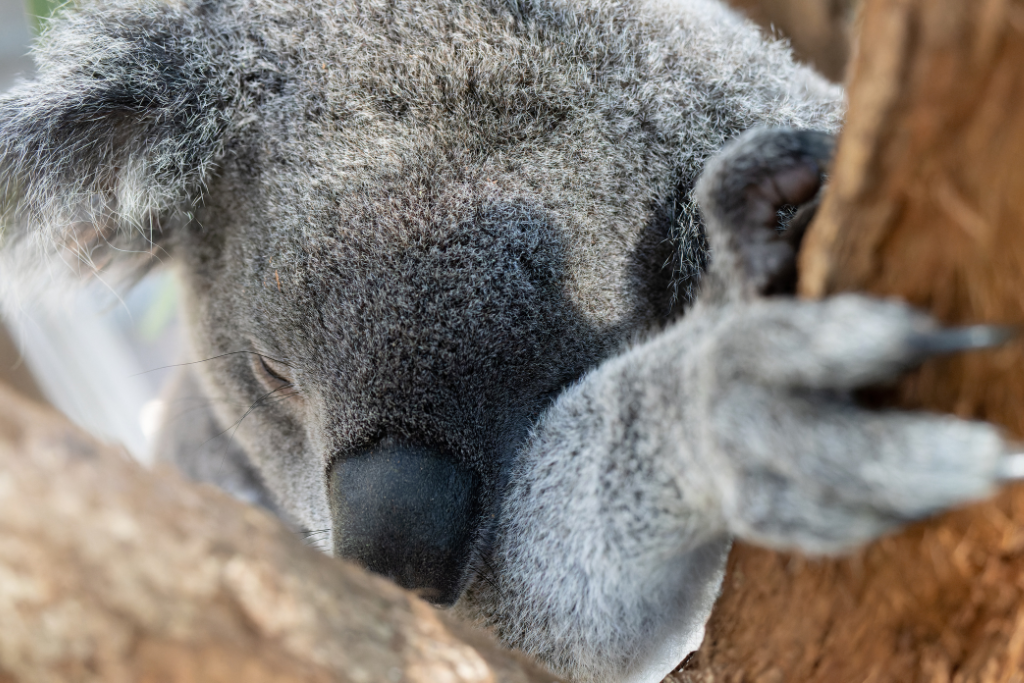In the 35 years Friends of the Koala have been operating they have recorded over 13,000 koala interactions, and tended to more than 5,000 sick, injured, and orphaned koalas from across the Northern Rivers region. Of which over 30% have been released back to the wild.
Preliminary findings from a recent study conducted by the Friends of the Koala, in partnership with the Department of Planning, Industry and Environment (DPIE), revealed that rehabilitated koalas were able to successfully reintegrate into wild colonies once released.
“Whilst we have always known the value of our work, it is fantastic to have evidence which demonstrates the effectiveness of our rehabilitation and release process” said President, Susannah Keogh.
The study undertook a detailed analysis of the organisation’s 30-year dataset. Once published, the findings will be used to inform upcoming updates to the NSW Koala Strategy. The significance of a dataset spanning three decades, tracking koala activity across the six local government areas in the Northern Rivers, should not be underestimated. It is uncommon in the sector and allows for proactive policy action to ensure the maximum positive impact.
“Releasing koalas back to the wild is our ultimate goal, but sadly it is not the outcome for all the koalas we rescue,” Ms Keogh said. “Koalas face so many threats, the worst of which stem from habitat loss. In many cases, koalas affected by disease, vehicle collisions and dog attacks result in euthanasia.”
However, koalas that are unable to be released still play a vital role in the overall survival of the species. Koalas in permanent care at Friends of the Koala become global ambassadors for the threatened species and shine a light on the broader work of the organisation. Other cases are transferred to Port Macquarie Koala Hospital where they play a vital role in the world’s first koala conservation breeding program, ensuring a future for the species.
“Rescuing, rehabilitating, and releasing koalas is central to our mission, but we cannot do it alone. If you believe in a future for this iconic species, we need your support to ensure that NSW Northern Rivers koalas can continue to thrive in the years ahead,” said Ms Keogh.
